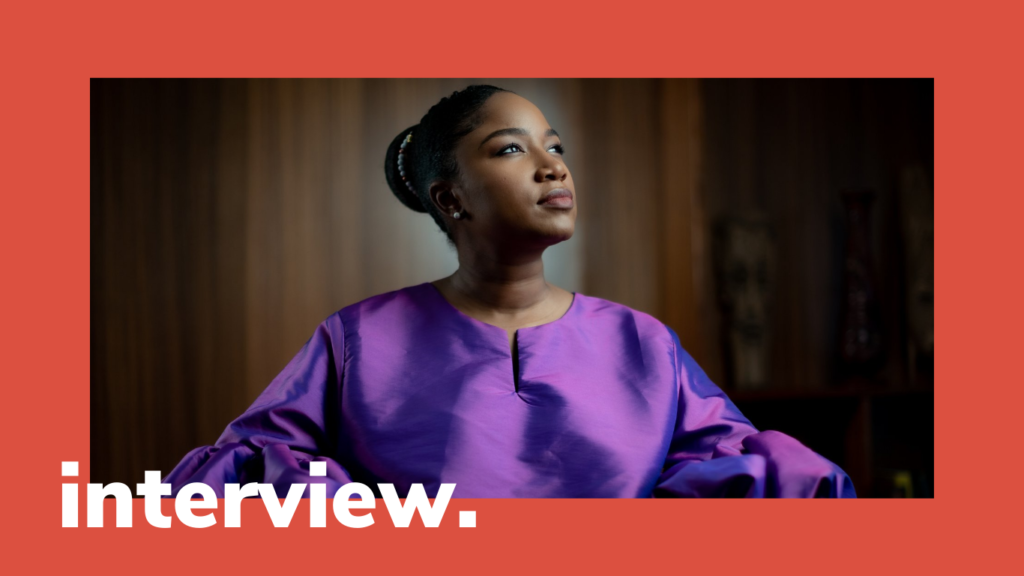
Seynabou Dia grew up in Picardie, worked in Europe and the United States, before moving to Africa to create a pan-African public relations firm whose mission is to change the narrative of the continent. But what does that mean?
Why would a public relations firm take on the mission of “changing the narrative about Africa”?
The creation of Global Mind Consulting, ten years ago, started from an observation: the image that the world has of Africa does not correspond to the abundance of creativity that is at work on the continent. The initiatives that have a positive impact on communities are not highlighted, which does not give an objective picture of what is happening.
Why is this important? What are the issues surrounding storytelling?
The narrative contributes to building the individual. It allows us to identify ourselves, to gain confidence, to measure our potential, to appreciate where we come from and where we are going. This is why, on a more collective scale, it is essential to build our narrative well, and it is just as important that we do it ourselves. It is the narrative that will impose a reading of us and the world. We have to build it today for tomorrow.
Is it also an economic issue?
Of course it is. To think and build our development, it is imperative to know our strengths: we have values intrinsic to our traditions, such as solidarity, sharing, family, community … that we must preserve and enhance. It is about showing concretely what Africa can bring to the world, its capacity to positively influence societies.
On a personal level, and especially during your life in France, have you suffered from this image of Africa that is not always very accurate?
I have not particularly suffered from it, on the other hand, I have always been extremely astonished by the global ignorance of Africa, and by this tendency to consider it as a single country, when in reality one should speak of “the Africas”.
In public relations, do we really contribute to writing the history of the continent, or only that of our client companies?
No one evolves alone: public relations is about helping our clients and partners communicate and interact with all their stakeholders, about who they are and what they do. All of these individual narratives ultimately form a common, collective narrative and allow Africa to tell the story it wants to tell to the world.
To what extent are Africans in Africa influenced by the dominant narrative?
The perception that Africans have of their continent is gradually changing, but it is still too often a negative image. The media has its share of responsibility, and so do our governments. As for the actors that we accompany, they certainly see the challenges, but also an extraordinary potential to move the lines.
In concrete terms, how does Global Mind contribute to change?
For example, for the past two years, we have been accompanying African women scientists, who have received awards for their work, their commitment and their impact on the continent and internationally. These women are not used to speaking publicly and, in general, to communicating about what they do. We support them in their visibility, by arranging meetings with leading international and pan-African media (BBC, France 24, TV5 Monde, etc.), and by helping them prepare for these interventions. Our goal: to amplify their work and allow them to inspire other women.
You grew up in Picardy and your parents always maintained the link with this continent where you did not live. Is a multiple identity an asset to better tell the story of Africa?
Unquestionably, yes. The question is how we look at the world. And I believe that the fact of having grown up in Europe, while cultivating this knowledge of the African continent, is a strength and an extraordinary opportunity: one is familiar with international standards and practices, while being very attached to this understanding of our Africas and the way they function.
Source: Joyeux Bazar
